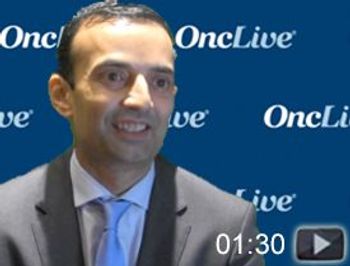
Ajai Chari, MD, associate professor of medicine, Hematology and Medical Oncology, Mount Sinai Hospital, discusses the impact of CAR T-cell therapy in myeloma.

Ajai Chari, MD, associate professor of medicine, Hematology and Medical Oncology, Mount Sinai Hospital, discusses the impact of CAR T-cell therapy in myeloma.
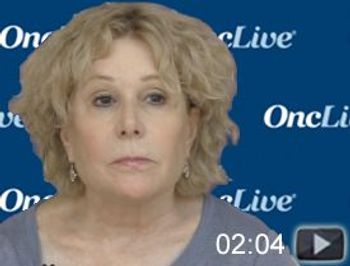
Susan M. O’Brien, MD, hematologist/oncologist at University of California, Irvine Health, discusses the potential for CAR T-cell therapy for the treatment of chronic lymphocytic leukemia.
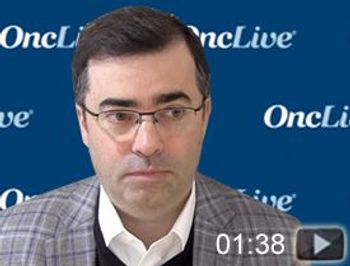
David F. McDermott, MD, director of the Biologic Therapy Program at Beth Israel Deaconess Medical Center, discusses an analysis of the CheckMate-214 study in advanced renal cell carcinoma (RCC).
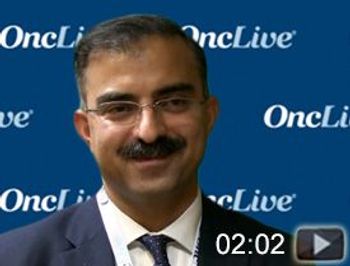
Armin Ghobadi, MD, assistant professor of medicine, Division of Medical Oncology, Washington University School of Medicine, Siteman Cancer Center, discusses the potential development of chimeric antigen receptor (CAR) T cells in solid tumors.
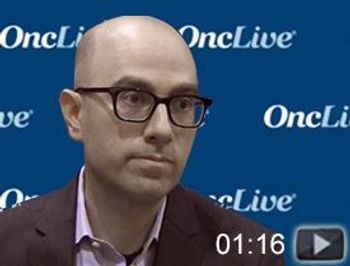
Eric Smith, MD, PhD, medical oncologist, Memorial Sloan Kettering Cancer Center, discusses chimeric antigen receptor (CAR) T cell persistence in patients with multiple myeloma.
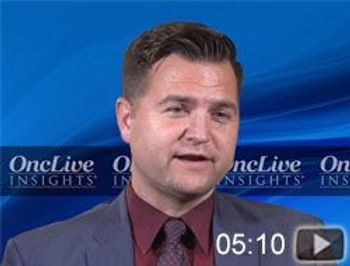
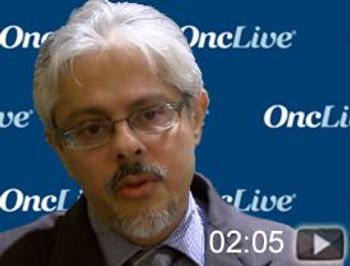
Bijal D. Shah, MD, medical oncologist, Moffitt Cancer Center, assistant professor of oncology, University of South Florida, discusses the challenges of developing clinical trials for CAR T cells in mantle cell lymphoma.
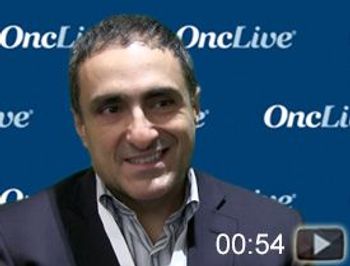
Charalambos (Babis) Andreadis, MD, MSCE, associate professor of clinical medicine, Department of Medicine, University of California, San Francisco (UCSF) Helen Diller Family Comprehensive Cancer Center, discusses response to chimeric antigen receptor (CAR) T-cell therapy.
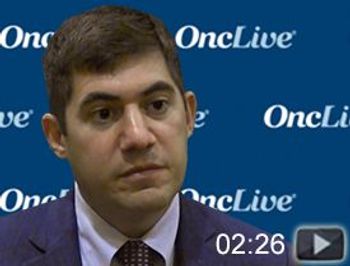
Jonathon B. Cohen, MD, assistant professor, Department of Hematology and Medical Oncology, Emory University School of Medicine, Winship Cancer Institute of Emory University, discusses combination therapy for patients with mantle cell lymphoma.

Martin Forster, MD, a medical oncologist, University College London Hospitals, discusses the next steps with the investigational agent lurbinectedin in combination with doxorubicin as a second-line therapy for patients with small cell lung cancer (SCLC).
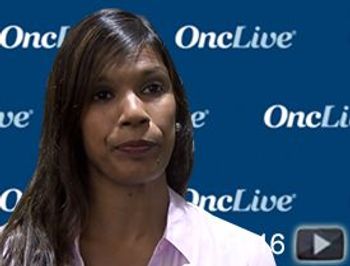
Nina Shah, MD, associate professor, Department of Medicine, University of California, San Francisco Helen Diller Comprehensive Cancer Center, discusses the current state of CAR T-cell therapy in multiple myeloma.
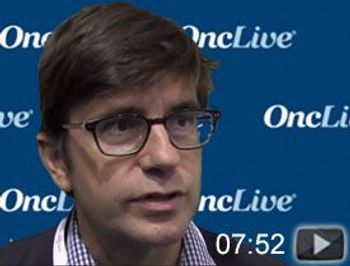
Martin Forster, MD, a medical oncologist, University College London Hospitals, discusses data of lurbinectedin plus doxorubicin as a second-line therapy for patients with small cell lung cancer.
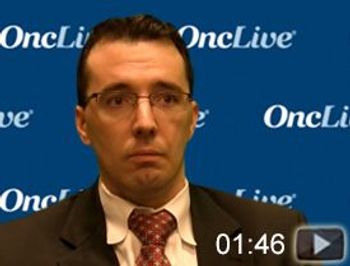
Jose M. Pacheco, MD, an assistant professor of medicine/medical oncology at the Colorado University School of Medicine, discusses frontline therapy for patients with EGFR-mutant non–small cell lung cancer (NSCLC).
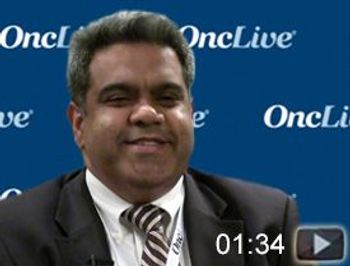
Abhinav Deol, MD, associate professor with Karmanos Cancer Institute, discusses patient eligibility for chimeric antigen receptor (CAR) T-cell therapy in hematologic oncology.
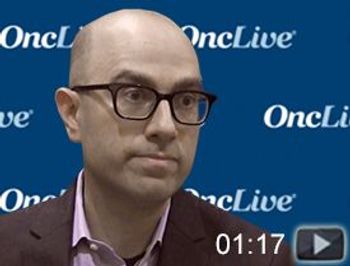
Eric Smith, MD, PhD, medical oncologist, Memorial Sloan Kettering Cancer Center, discusses novel chimeric antigen receptor (CAR) T-cell therapies in development for the treatment of patients with multiple myeloma.
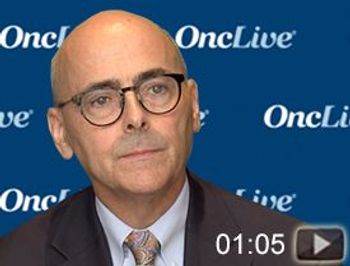
Peter J. Van Veldhuizen, MD, hematologist/oncologist, Sarah Cannon Research Institute, discusses combination therapy for the treatment of patients with renal cell carcinoma.
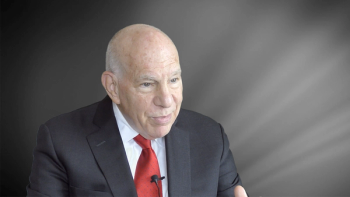
Could the introduction of gene therapies into the Alzheimer space be the beginning of a new era of treatment?
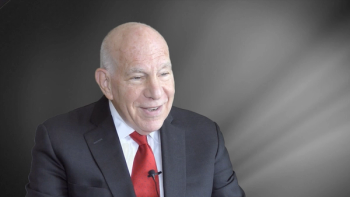
The chairman of the Department of Genetic Medicine at Weill Cornell Medicine shared his experience with the therapy and its potential in the space.
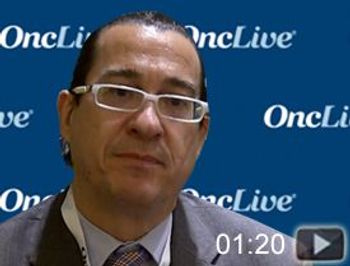
Javier A. Pinilla-Ibarz, MD, PhD, senior member, Moffitt Cancer Center, discusses the FDA approval of moxetumomab pasudotox for the treatment of adult patients with hairy cell leukemia who have received at least 2 prior lines of therapy.
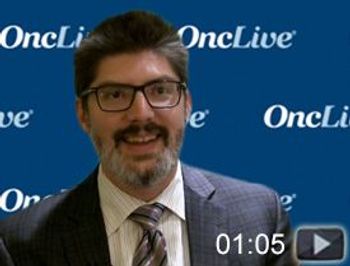
Frederick Locke, MD, a medical oncologist in the Department of Blood and Marrow Transplant, Moffitt Cancer Center, and an assistant professor of oncology at the University of South Florida, discusses the use of bridging chemotherapy in patients receiving chimeric antigen receptor (CAR) T-cell therapy.
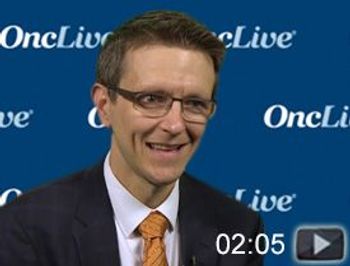
Bradley McGregor, MD, physician, Genitourinary Oncology program, Dana-Farber Cancer Institute, and instructor of medicine, Harvard Medical School, discusses whether patients with renal cell carcinoma (RCC) need frontline combination therapy.
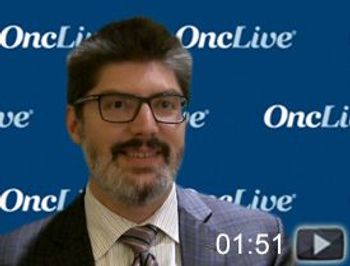
Frederick Locke, MD, a medical oncologist in the Department of Blood and Marrow Transplant, Moffitt Cancer Center, and an assistant professor of oncology at the University of South Florida, discusses the use of chimeric antigen receptor (CAR) T-cell therapy in patients with non–Hodgkin lymphoma (NHL).
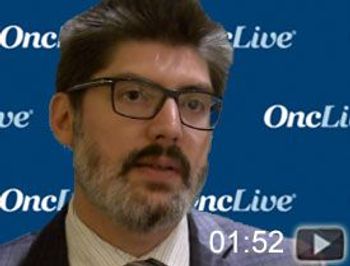
Frederick Locke, MD, a medical oncologist in the Department of Blood and Marrow Transplant, Moffitt Cancer Center, and an assistant professor of oncology at the University of South Florida, discusses unanswered questions with chimeric antigen receptor T-cell therapy.
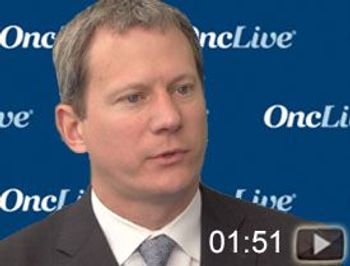
Eric M. Ostertag, MD, PhD, chief executive officer, Poseida Therapeutics, Inc., discusses an emerging CAR T stem cell memory product for patients with relapsed/refractory multiple myeloma.

This week, the top managed care news included a panel mostly endorsed the use of patient-reported outcomes for coverage of chimeric antigen receptor T-cell therapy; the US Preventive Services Task Force released new recommendations for cervical cancer screening; research found accountable care organization penetration may be changing how physicians work.
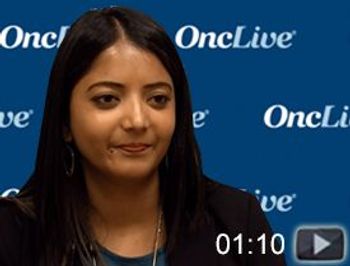
Deepu Madduri, MD, assistant professor, Mount Sinai Hospital, discusses eligibly criteria for patients with multiple myeloma to receive chimeric antigen receptor (CAR) T-cell therapy.
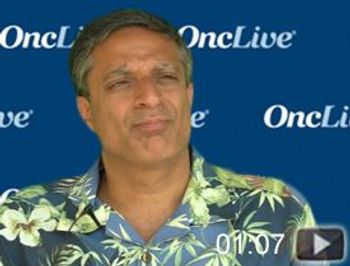
Sagar Lonial, MD, professor and chair, Department of Hematology & Medical Oncology, Emory University School of Medicine, chief medical officer, Winship Cancer Institute of Emory University, discusses the use of chimeric antigen receptor (CAR) T-cell therapy in patients with multiple myeloma.
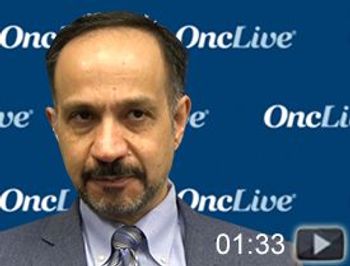
Hossein Borghaei, DO, MS, chief, Division of Thoracic Medical Oncology, director, Lung Cancer Risk Assessment, associate professor, Department of Hematology/Oncology, Fox Chase Cancer Center, discusses the FDA approval of nivolumab (Opdivo) for the treatment of patients with small cell lung cancer with disease progression following 2 or more lines of therapy.
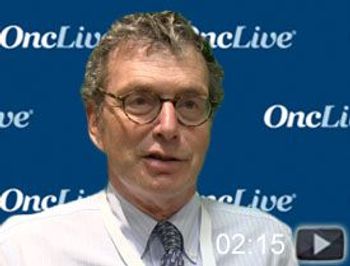
James Larner, MD, professor and chair of Radiation Oncology, University of Virginia Health System, discusses integrating radiation therapy with immune checkpoint blockade in patients with non–small cell lung cancer (NSCLC).
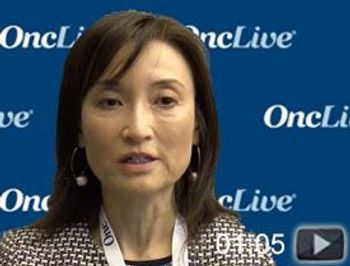
Wei Z. Ai, MD, hematologist, University of California, San Francisco, discusses the FDA approval of mogamulizumab for the treatment of patients with cutaneous T-cell lymphoma who have received at least 1 prior systemic therapy.